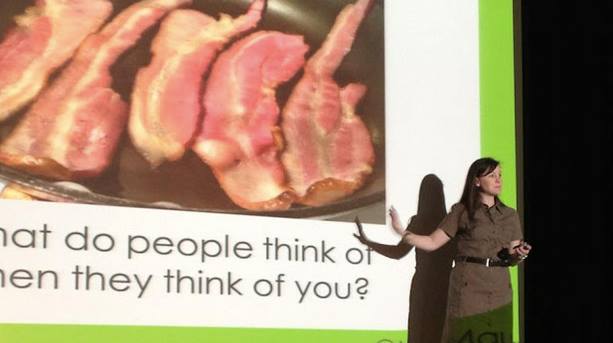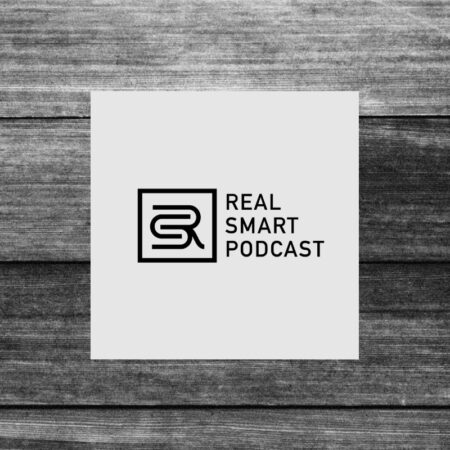The concept of a social object is simple; just answer this question: What do people think of when they think of you?
But let me make it seem more difficult than it really is: your answer should not be “real estate.”
“Why not?” you ask. “Isn’t the point of all this marketing I do to make people think of me when they think of real estate?”
Well, yes. Sure. Of course.
However, a social object should really be something more than your career, just as you should be something more than real estate. Why? Starbucks basically created the pumpkin spice craze, and it could be argued that while they are way more than pumpkin spice lattes (and even way more than coffee), pumpkin spice is a definitive social object for the brand.
Here’s a more in-depth answer: According to Juri Engestrom, a social media entrepreneur, the concept behind a social object is the belief that all successful social media interactions and ventures center on an object — “the reason people connect with each particular other and not something else.” In other words, take something you love or are passionate about and use it to connect with others.
Still, need more?
Let’s look at my social objects (because you can, after all, have more than one). One of mine is bacon. Mmmmmm, bacon. One thing I learned before I even knew what a social object was is that if you talk about something (i.e., bacon) on social media, people will start associating you with this love.
The same goes for Beagles. If you know me or you’re my Facebook friend, you know I post about my sweet pups a lot. They’re our furry children, we support Beagle charities rescues, and ours pretty much run our lives.
My good friend, Philip Becker, a REALTOR and broker/owner of the San Antonio, Texas, boutique real estate firm Becker Properties (who knows a little bit about social objects and social marketing himself), even wrote my introduction for me for an event once, and it has pretty much stuck: “This is Maura Neill. If you know her, you know she loves the 4 Bs: bacon, beagles, bourbon, and her husband Ben…not necessarily in that order.”
So what’s your social object? How can you use it to become more memorable with your clients and sphere of influence and to connect with them on a deeper level?
Still want more? Check out this gloriously technical article (but a really great read) on social object theory.




